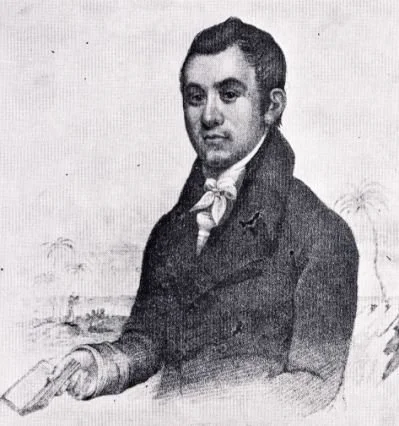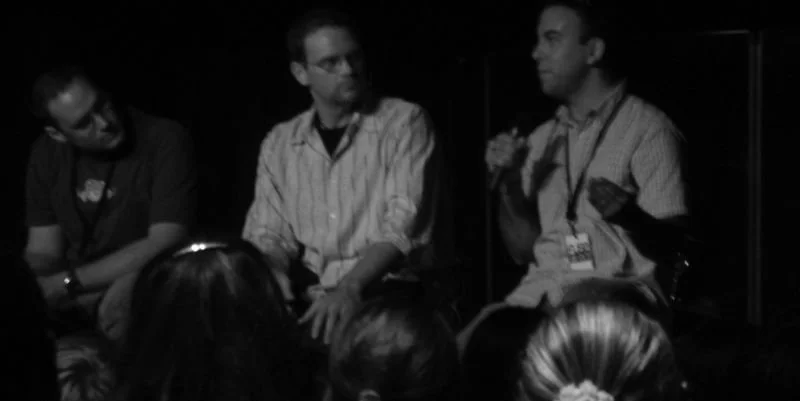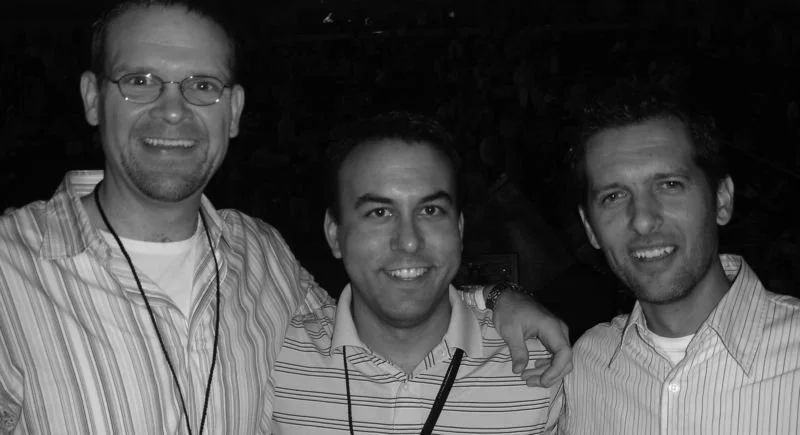“The spirit of Christ is the spirit of missions. The nearer we get to Him, the more intensely missionary we become.” — Henry Martyn, missionary to India and Persia.
There was an era of missionary zeal around the turn of the 19th century that bred a group who became known as One-Way Missionaries. When they departed for the mission field, they packed all of their belongings into a coffin and bought one-way tickets because they knew they’d never return home.
A.W. Milne was one of those missionaries. He felt called to a tribe of headhunters in the New Hebrides. All the other missionaries to this tribe had been martyred, but Milne didn’t shrink back into safe Christianity.
Milne did not fear for his life because he had already died to himself.
His coffin was packed.
He served in the New Hebrides for more than fifty years. The tribe buried him and wrote the following words on his tombstone:
“When he came there was no light. When he left there was no darkness.”
What an incredible inscription of someone’s life.
Imagine what the church would look like today if every single follower of Christ exhausted their lives to reach more people far from God.














